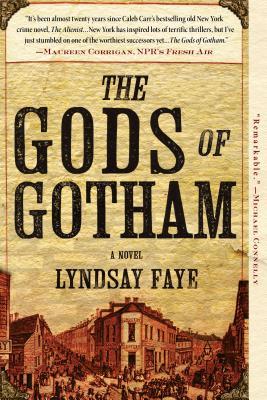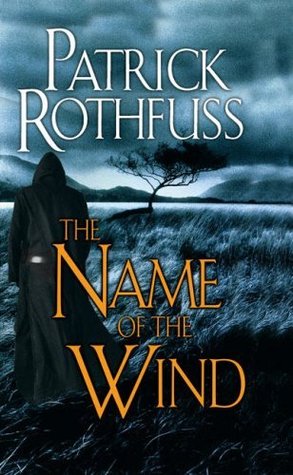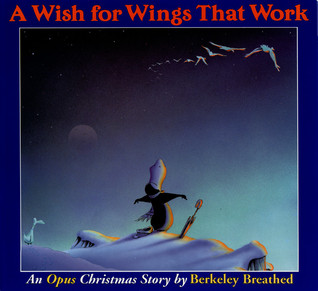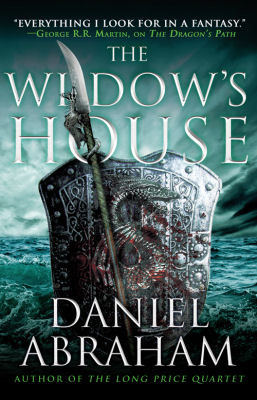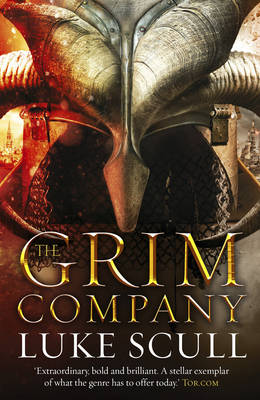| From the comic adaptation of Joe Abercrombie's The First Law. This panel depicts Inquisitor Glotka's grim humour. |
The Blade Itself by Joe Abercrombie is the first book in his First Law Trilogy. If you want to get an idea of the tone the novels use, the above picture should give you a good idea. These books are grim. There are few rays of light in the world. There are few heroes and people with a noble and honourable bearing, but such people seem to suffer for it constantly. The world is designed to eat up people who do not look to their own survival first and foremost.
The Catch: The Tortured Now Wields The Knife
This book has probably my favourite character in any book I've read, and he goes by the name of Inquisitor Glotka. His back story is that of a dashing nobleman with the highest of bloodlines and incredible skill as a swordsman. When war breaks out with a neighbouring empire, it seems the sky is the limit for him. Promotions will rain upon him, enough to begin his entry into politics where he would undoubtedly reach the highest echelons of power possible to him.
That is, until Glotka is captured by the enemy and tortured in a dungeon for two years. When the war is over, and he is returned to his people, he is a crippled mess. No longer handsome, physically impaired to the point that even the most menial of tasks are a painful struggle, his bright future is broken and ruined. He's missing toes, his back is twisted, half of his teeth are gone... it's not a pretty picture. The people who loved and respected him and his potential are now ashamed for him, and of him. So what does he do?
Why, he becomes an Inquisitor of course, where he oversees and enacts the torture of people in the name of his kingdom. What should be said of Glotka, however, is that he is not vindictive. He does not take pleasure from torturing people, though neither is he repulsed by it. Instead, he simply accepts it as a reality unto itself. That's not to say that he is not bitter about his fate, or capable of cruelty to people. He isn't really a good guy in these books, but he is probably one of the better souls the series reveals.
Glotka's back story is interesting enough to make me like him, but what sells me is the grim humour with which he views the world and his situation in it. Take the following passage, which comes on the first page of Glotka's first POV chapter. It comes in the form of a dialogue he has with himself about climbing stairs, which is an agonizing chore for him due to his physical deformities:
If Glotka had been given the opportunity to torture any one man, any one at all, he would surely have chosen the inventor of steps. When he was young and widely admired, before his misfortunes, he had never really noticed them. He had sprung down them two at a time and gone blithely on his way. No more. They're everywhere. You really can't change the floors without them. And down is worse than up, that's the thing that people never realize. Going up, you usually don't fall that far.He holds the same mentality with the prisoners he is tasked to torture when they try and bravely defy him ("Look at me, this is what I will do to you unless you confess"), or whenever someone threatens to kill or torture him ("Look at me, death would be mercy. Living is torture, and you can't break what's been broken"), or whenever he holds an internal monologue with himself about all the things in life that cause him problems.
The Plot: Everything, Everyone, Everywhere Is Screwed.
| Logen Ninefingers |
Arriving to the kingdom is the famous wizard, Bayaz, who has overseen and protected the Midderlands since its inception centuries ago. He gathers together a group to help save the kingdom: Jezal, a young nobleman who wins the dueling championship (not unlike Glotka in his day); Logen Ninefingers, an aging barbarian with a strong sense of honour that is ruined by his absolutely psychotic and bloodthirsty state of berserker rage he enters in battle; and good old Inquisitor Glotka.
Throughout this book, everyone suffers. Bayaz is slowing losing his powers, Glotka's every living moment is agony, Ninefingers struggles to control the raging psychopath within him, and Jezal finds himself being dragged into a series of messes that he wants nothing to do with.
In truth, the plot isn't that special. What makes this book is the characters. None of them fall into cliché, and all of them have unique mannerisms and mindsets and behaviours, rather than being cookie-cutter in their repetitiveness (see: Jordan, Robert).
Conclusion: Not For The Faint Of Heart
This is not the most profound book you will read, but neither is it a 'fluff' or easy read. It lies somewhere in the middle. If you're the kind of person that loves to read interesting characters and see them developed in a compelling manner, this is a book for you. I honestly recommend this book to people just because of Glotka, who as I mentioned is my favourite character in any book that I've read.
I'd give this book an 8 out of 10, even though part of me really wants to give it 8.


